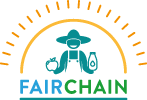
Apr 5, 2024

European fruit chains can increase the value they create from their co-products, like apple pomace or apricot pits. These are underexploited and could be locally valorized according to the full principles of circular economy! In Wallis, south Switzerland, FAIRCHAIN partners are producing vinegar via fermentation of wet co-products like apple pomaces. This vinegar has many promising applications in agronomy and detergency. After making vinegar, the left-over is used to feed mealworms for alternative protein sources, and bio-digested to produce renewable energy and compost.
In parallel, an innovative regional business concept can valorize apricot pits and other woody coproducts using pyrolysis technology to generate three valuable outputs: local renewable heat, biochar-based fertilizer/soil enhancer, and carbon credits contributing to regional climate strategies.
This cascade of fruit co-product valorization has started to generate new regional and circular business models based on the use of apple pomace for vinegar and pits as biochar and renewable heat. These innovations can add value to the business models of at least seven regional organizations, including Biofruits and Cogiterre.
The photos above show some phytosanitary tests on the field and the production of the vinegar from co-products (decantation phase).

May 10, 2023

The latest issue of the FAIRCHAIN newsletter provides a general progress update more than halfway into the project and reports on exciting developments from the French and Swiss case studies. You will also find information about training opportunities and dissemination activities.
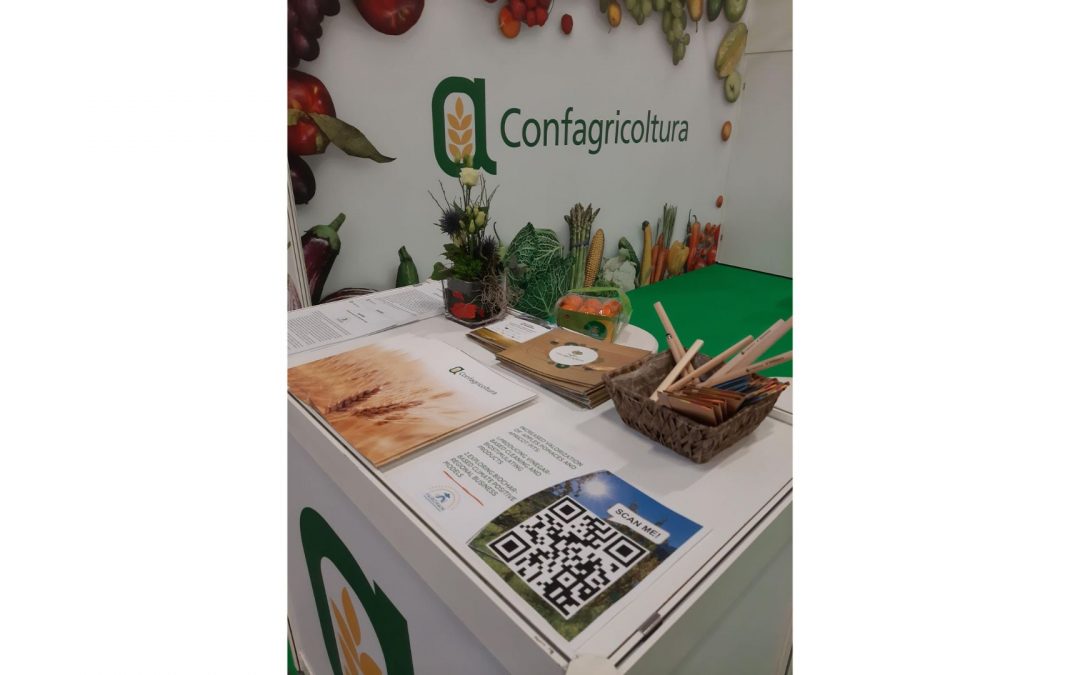
Feb 12, 2023
FAIRCHAIN participated in the FRUIT LOGISTICA fair, which took place in Berlin from 8 to 10 February. It is one of the biggest fairs in Europe that covers every sector of the fresh produce business and provides a complete picture of the latest innovations in the international supply chain. Our project partner, Confagricoltura, presented the Swiss case study, which deals with the valorisation of apple pomaces and apricot pits. Check out the case study flyer here.
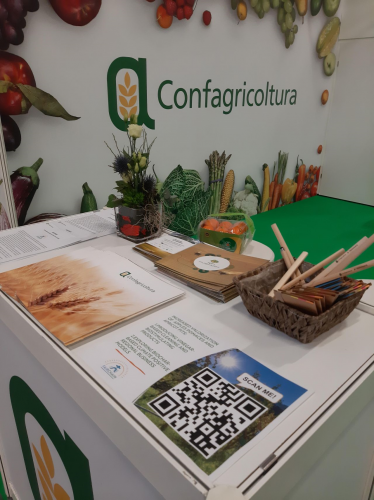

Apr 4, 2022
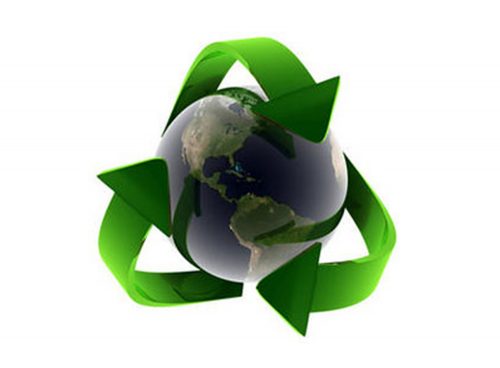
By: Kavitha Shanmugam, RISE and Anne Verniquet, dss
The Swiss case study aims to analyze co-product valorisation and generation of enriched added value for SMEs. This is done via two sub-cases within the Biofruits value chain:
- Developing a new alternative cleaning agent (vinegar) via bio fermentation of co-products unfit for consumption (pulp from Biofruits);
- Sharing of equipment to valorise co-products like fruit pits: the Swiss CS will pilote a regional scale regenerative agriculture and CO2 sequestration strategy via a pyrolysis-based innovative business model
The partners of the Case Study are Biofruits, Cogiterre (Fruits & Vegetables SME) in Switzerland along with dss (previously Sofies), INRAE and University of Ghent. RISE assisted with the Case Study.
The aim of the environmental assessment performed by RISE was to provide a basis for comparing the environmental performance of the developed innovation with the current situation. Life Cycle Assessment (LCA) is recognized to be the method of choice when measuring environmental impacts (climate change, resource depletion, etc.) of a product, process, or service. LCA was performed for a current scenario: Fruits & Vegetables which are unfit for consumption are sent to a local biodigester; Biofruits has to pay to eliminate these co-products. Moreover, fruit pits are not valorised locally nor transparently. A screening level LCA was performed for pits from Biofruits to investigate different handling technologies (compost – current, combustion and pyrolysis).
Various positive externalities are expected from pyrolysis and vinegar used as a cleaning agent. But the business models require some process improvements and deeper knowledge to reach a successful demonstration during the project. LCA will be used to compare the new value chain to the current one and then to quantify environmental benefits.
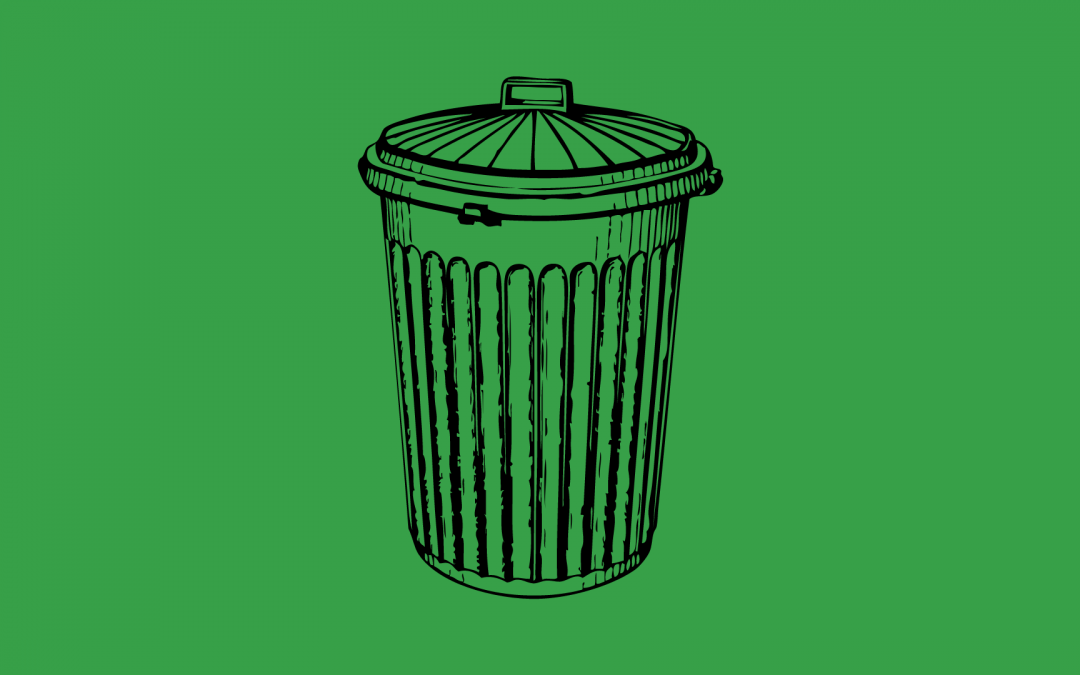
Mar 14, 2022
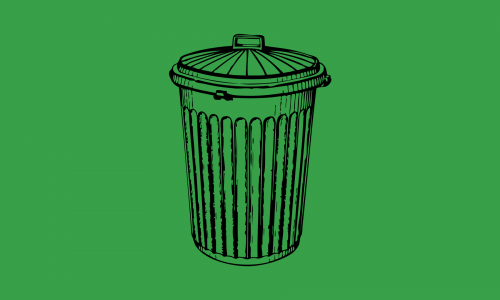
Fruits and vegetables and roots and tubers are the most common food to be wasted, 45% of them become waste
According to the FAO, global food waste represents a third of total food produced for consumption, ~1.6 billion tons per year, at a cost of € 730 million/year. Both food losses and food co-products are rich sources of nutrients and other bioactive substances that, once extracted, can be valuable ingredients in functional and nutraceutical foods (among other products).
The FAIRCHAIN Swiss case study is using apples that are not fit for consumption by developing vinegar-based cleaning products and fertilisers.
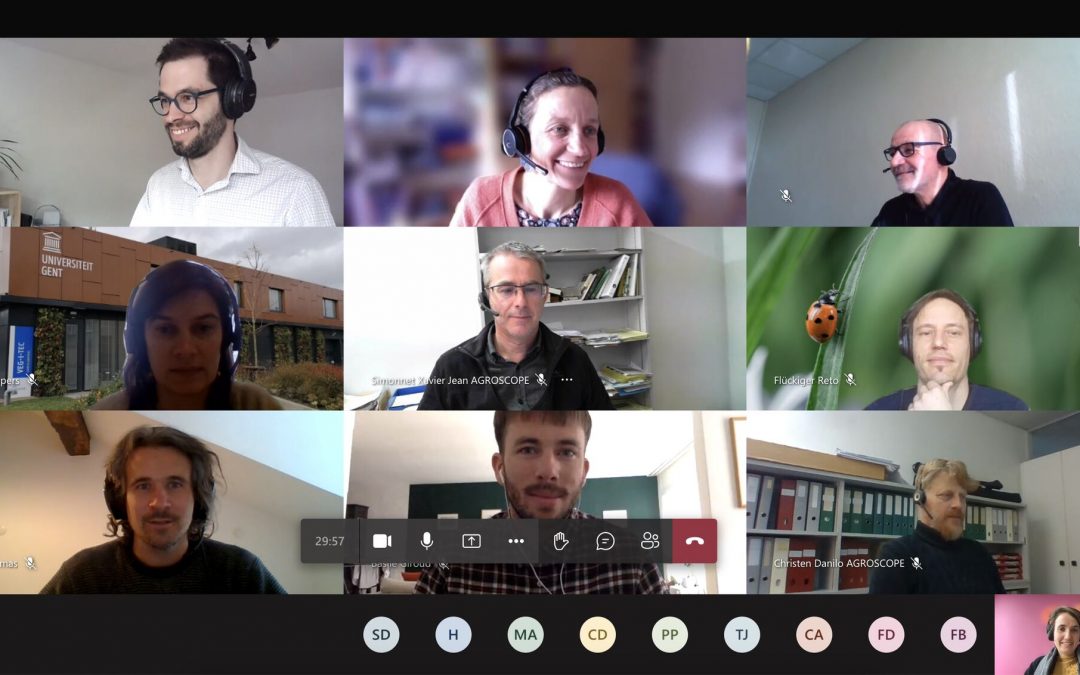
Feb 2, 2022
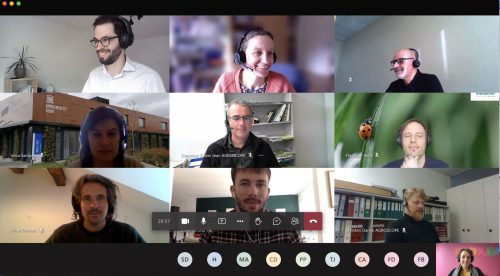
Various experts of the agri-food sector gathered in the Implementation workshop of FAIRCHAIN’s Swiss case study. They discussed the risks and opportunities in using vinegar made of apple by-products as detergent for fruits or industrial equipment, or as « phytocament ».


